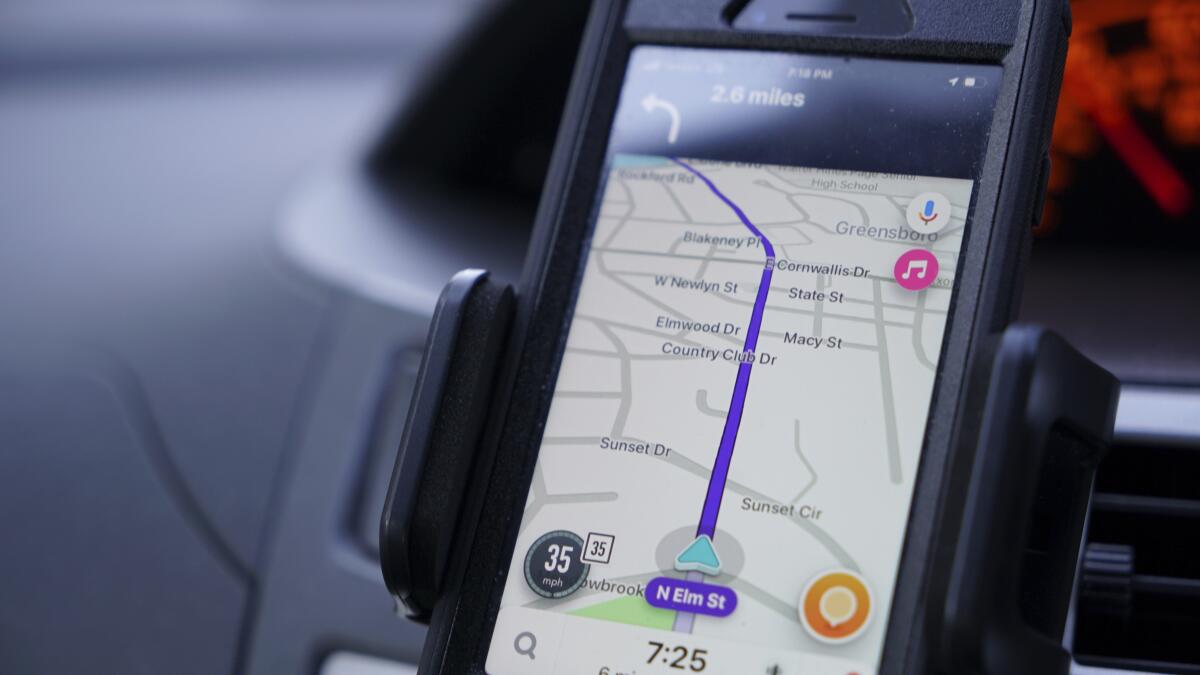In a ruling that could reshape the way millions of Californians navigate their daily commutes, the 6th District Court of Appeals has declared that simply holding a smartphone to check a map while driving is illegal under state law.
This decision not only clarifies the scope of California’s distracted driving statutes but also sends a sharp message: if you're holding your phone while driving — for any reason — you're in violation of the law.
The decision stems from the case of Nathaniel Maranwe, a driver in San Jose who was cited and fined $158 for using his phone to view a map while behind the wheel. A lower court had previously tossed out the conviction, arguing that the law targeted only more overt phone usage, like making calls, web browsing, or gaming. But the appellate court wasn’t buying it.
Presiding Justice Mary Greenwood, writing for the panel, was unequivocal: the 2016 update to California's law was designed to address the dangers of modern smartphones, now functionally "handheld computers," and that includes their use for navigation.
“Its intent is to prohibit drivers from holding and using a phone’s functions in any manner while driving,” Greenwood wrote, emphasizing that the law evolved in response to growing safety concerns.
This legal clarification could have far-reaching implications. Many drivers routinely check their phones for directions, especially in older vehicles without integrated navigation systems. The ruling appears to outlaw even those brief glances at handheld devices — even if the phone is being used exclusively as a GPS.
The law, originally passed in 2016, was part of a broader effort to combat distracted driving.
Lawmakers deliberately replaced language about “using” a phone with “operating” a phone, signaling their intent to ban virtually all hand-held interactions. And now, with this appellate decision, the practical interpretation of that intent has been codified into case law.
Maranwe, who represented himself in court, voiced a concern that resonates with many Californians. “It’s bad for law in general if there are rules on the books that everybody violates,” he argued. “They should either be enforced consistently or just repealed.” Whether he will escalate the case to the state Supreme Court remains to be seen.


